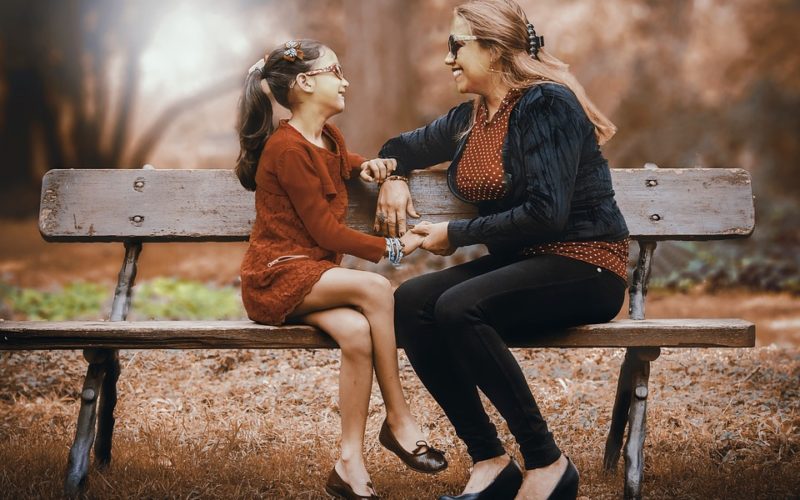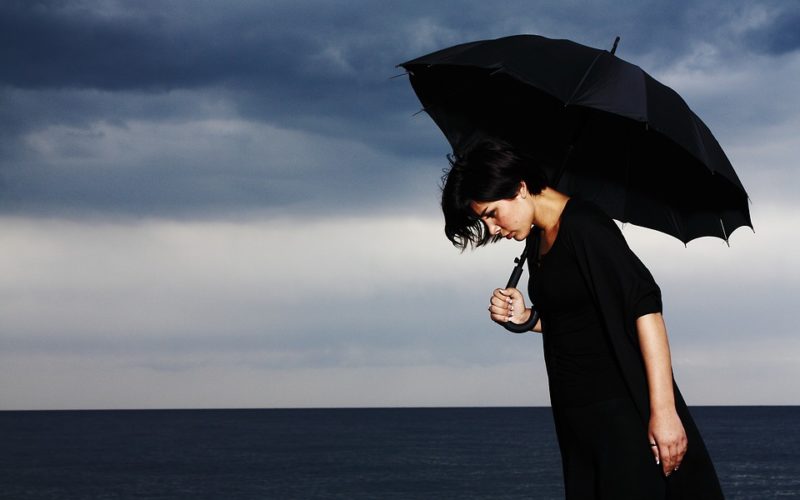Passing Down Good Traditions
Holidays vary between societies, but passing down traditions is one of the common threads that bind people together all over the world. Many of the things people do when they celebrate a holiday are the same, and these have become tried and true ways that are taught to each new generation. Food and drink are generally a large part of the holiday traditions passed on to children, but entertainments can also be part of what is needed to make the day or time a truly special event. Retaining traditions throughout the years involves teaching the youngest members of any society why they are important, and it also involves teaching them how to carry on as the years pass.
Traditional Feasts
The foods of any society are largely based upon what is available in their local area, so learning how to prepare them is often a daily part of life for many residents raised in the area. There might be a few dishes that require extra time during the holiday, but many of them will be something people eat on a regular basis. Teaching the youngest members of local families how to prepare them is often a normal part of daily living, so they will be able to learn the exacting traditions as an extension of their everyday life.
Entertainment for All
Holidays with a somber theme are not as celebrated as those that commemorate happy events, but all of them can include entertainment for all. Many communities include dances or music as a large part of the celebration, and they teach the young members of the area how to perform. There are communities that have entertainments performed by those of different ages, and many of them have separate events just for children. The performances presented are often traditional ways to tell the story of the day, and many of the youngest members of the society will grow up to participate actively in them when they are older.
The Reason for a Tradition
It can be difficult to explain a particular holiday to young children, but many societies have found ways to gradually teach children the reason for a tradition. Since many of them celebrate important historical events, they are often taught as a normal part of a child’s education. Parents, siblings and extended family will all help the children understand why an event is important, and it will eventually become a normal expectation of each generation to carry on the traditions of their ancestors. While it might take years for them to truly understand, the pageantry and camaraderie of the day will carry them through the early years.
Passing down traditions through families and communities is an important way to bind a society together, and it can help them understand how their world works in modern times. Giving each new generation an opportunity to understand their history in a way that comes alive is often part of what holiday celebrations try to express, and even the youngest members of a society can be participants. As they grow older, they will be taught more extensively how to appreciate and celebrate the holidays of their society.


